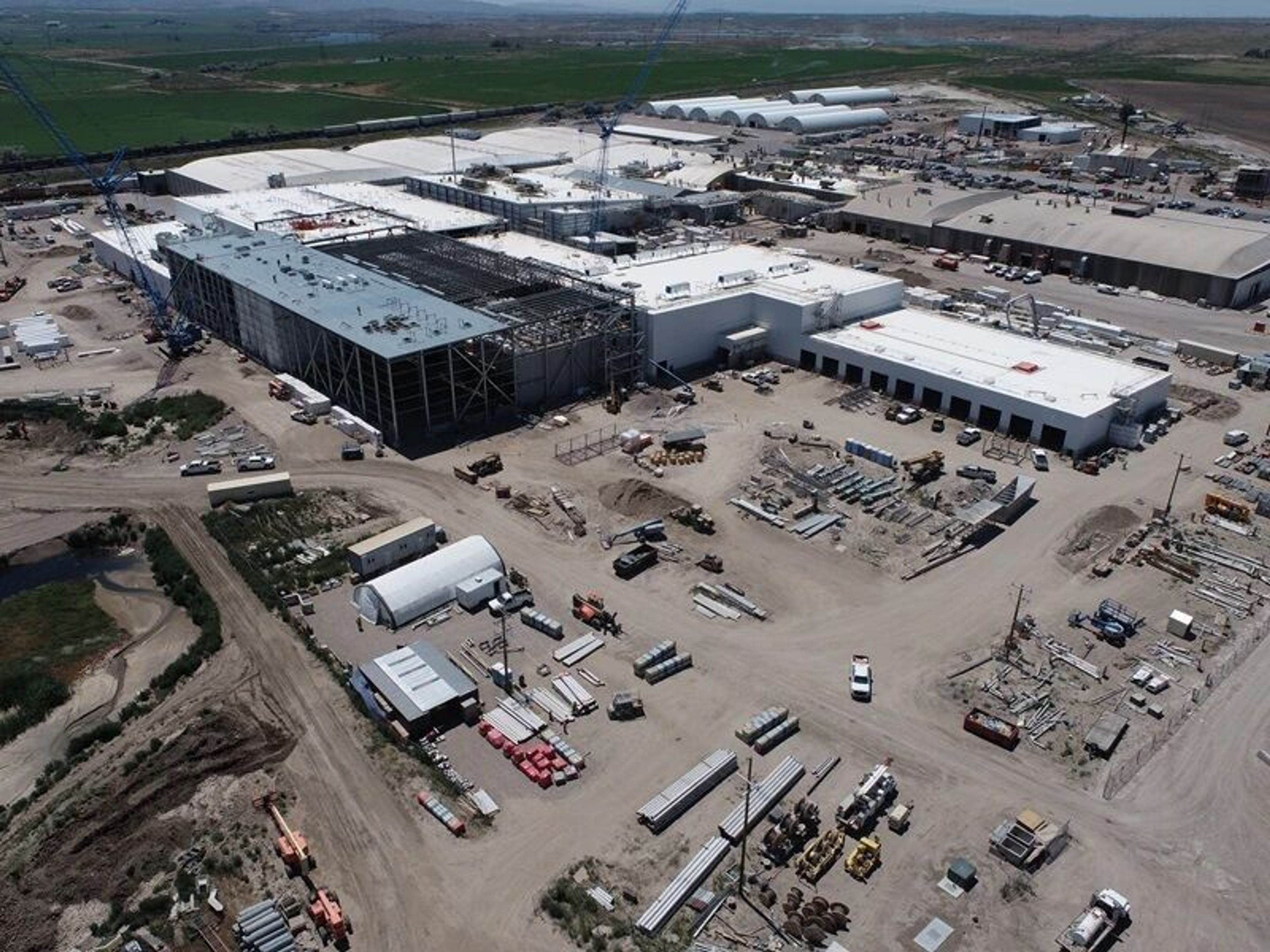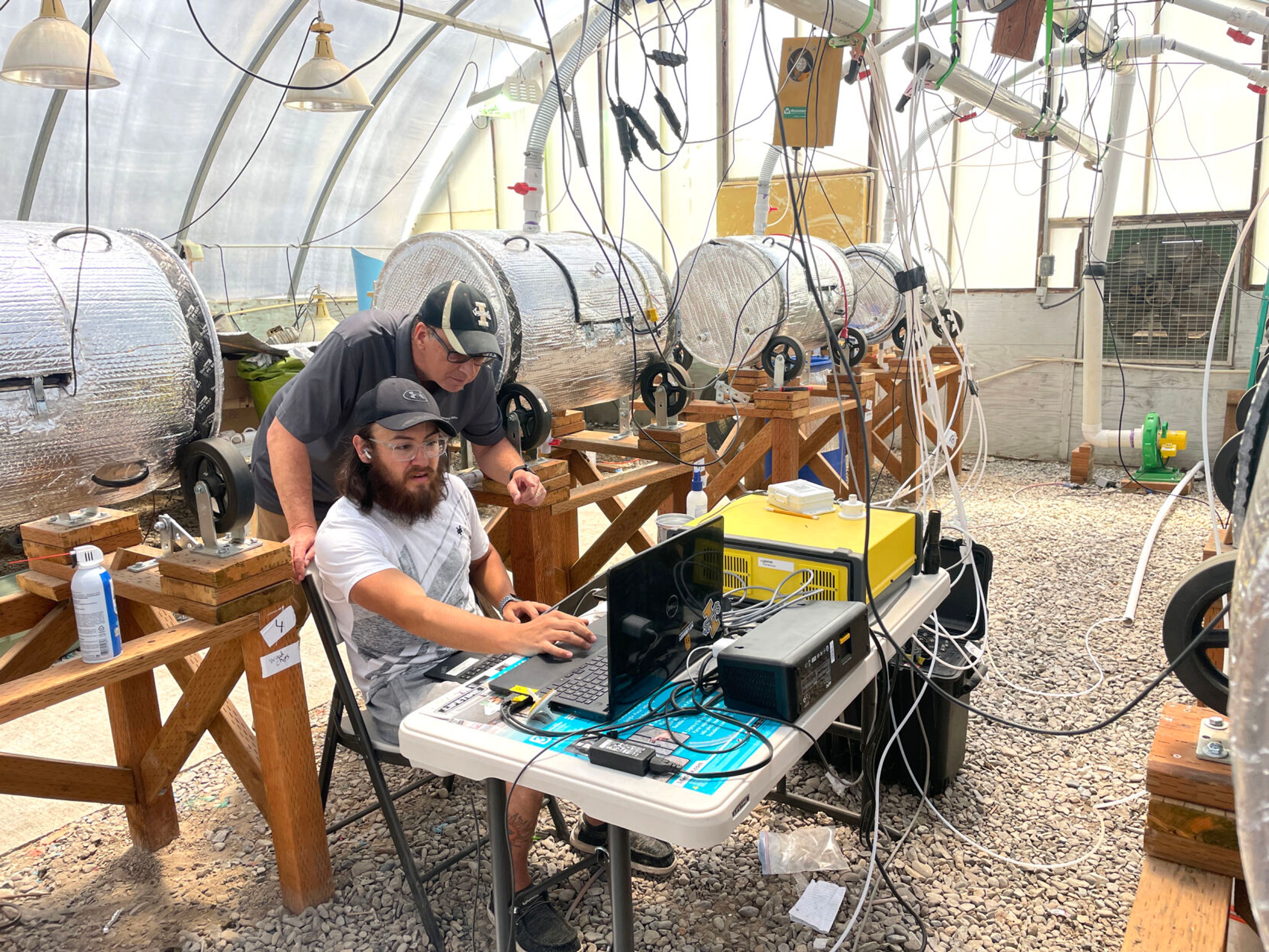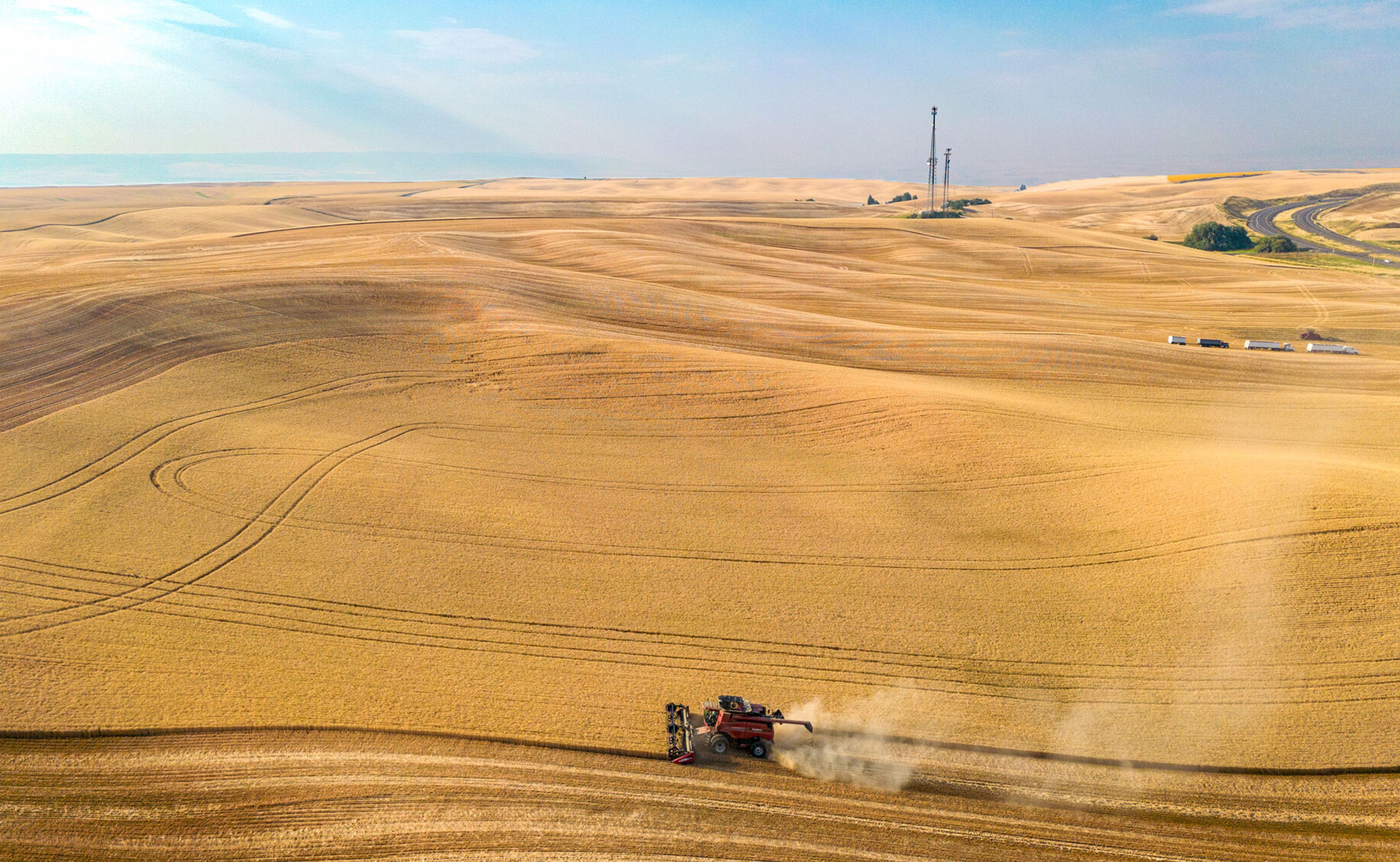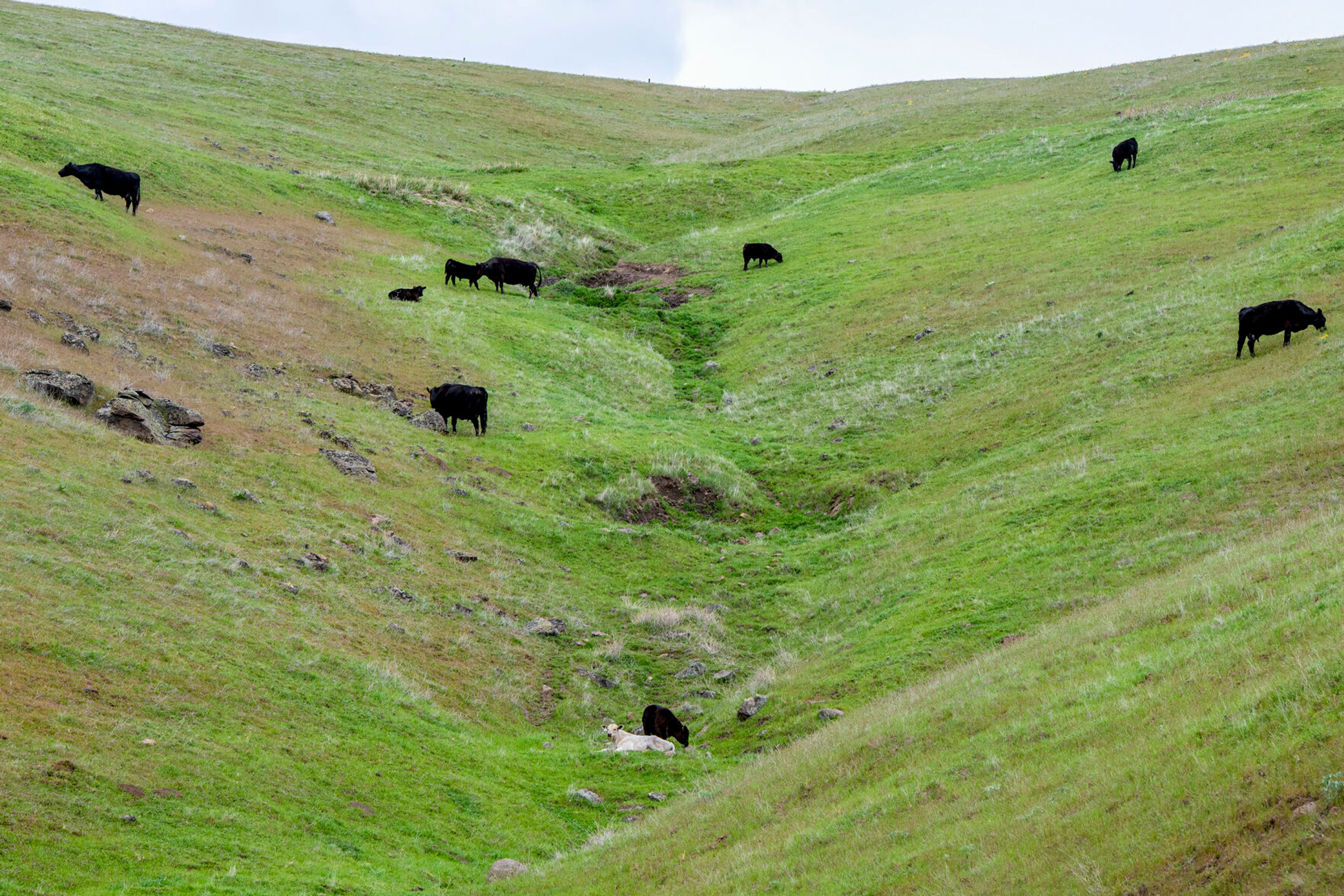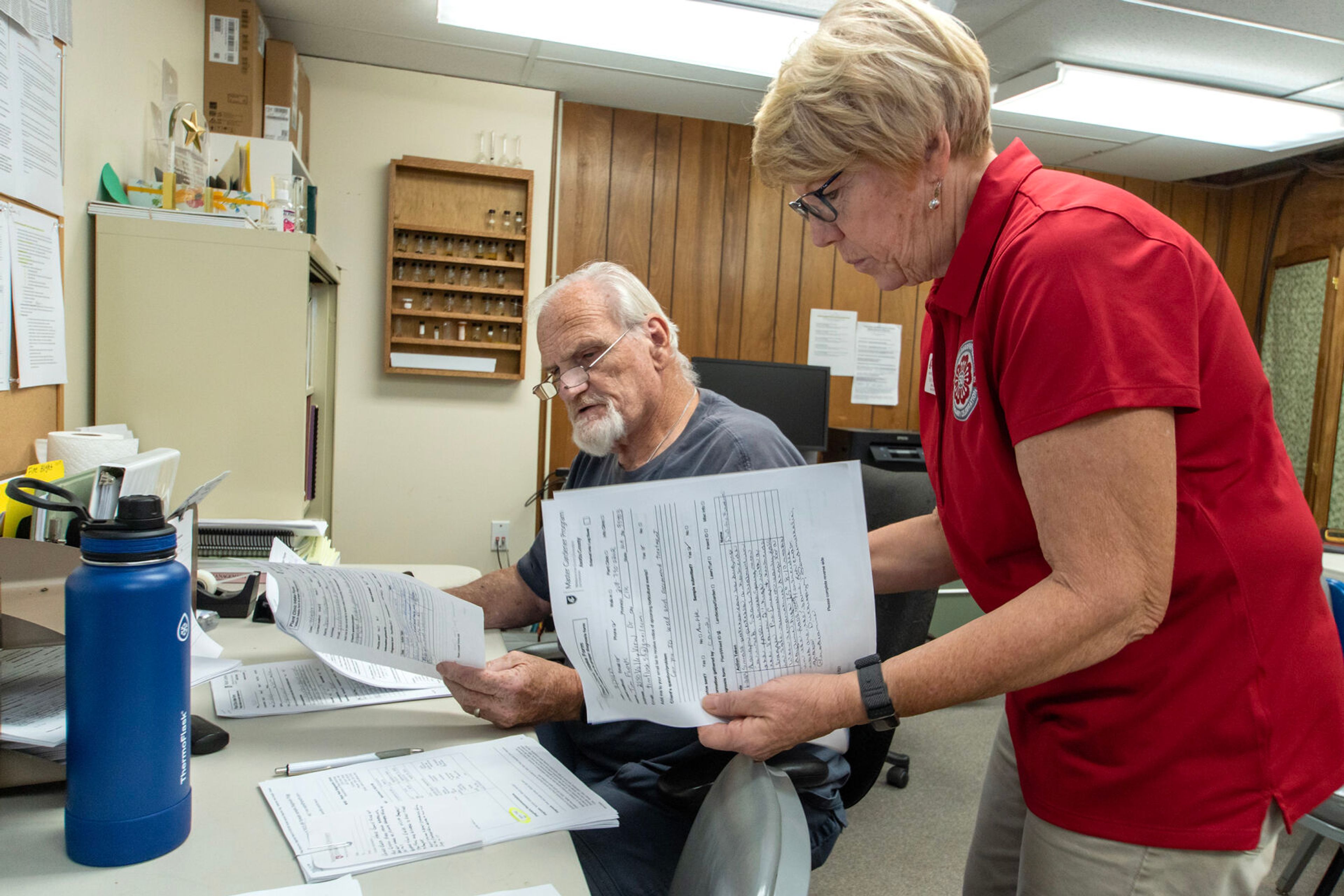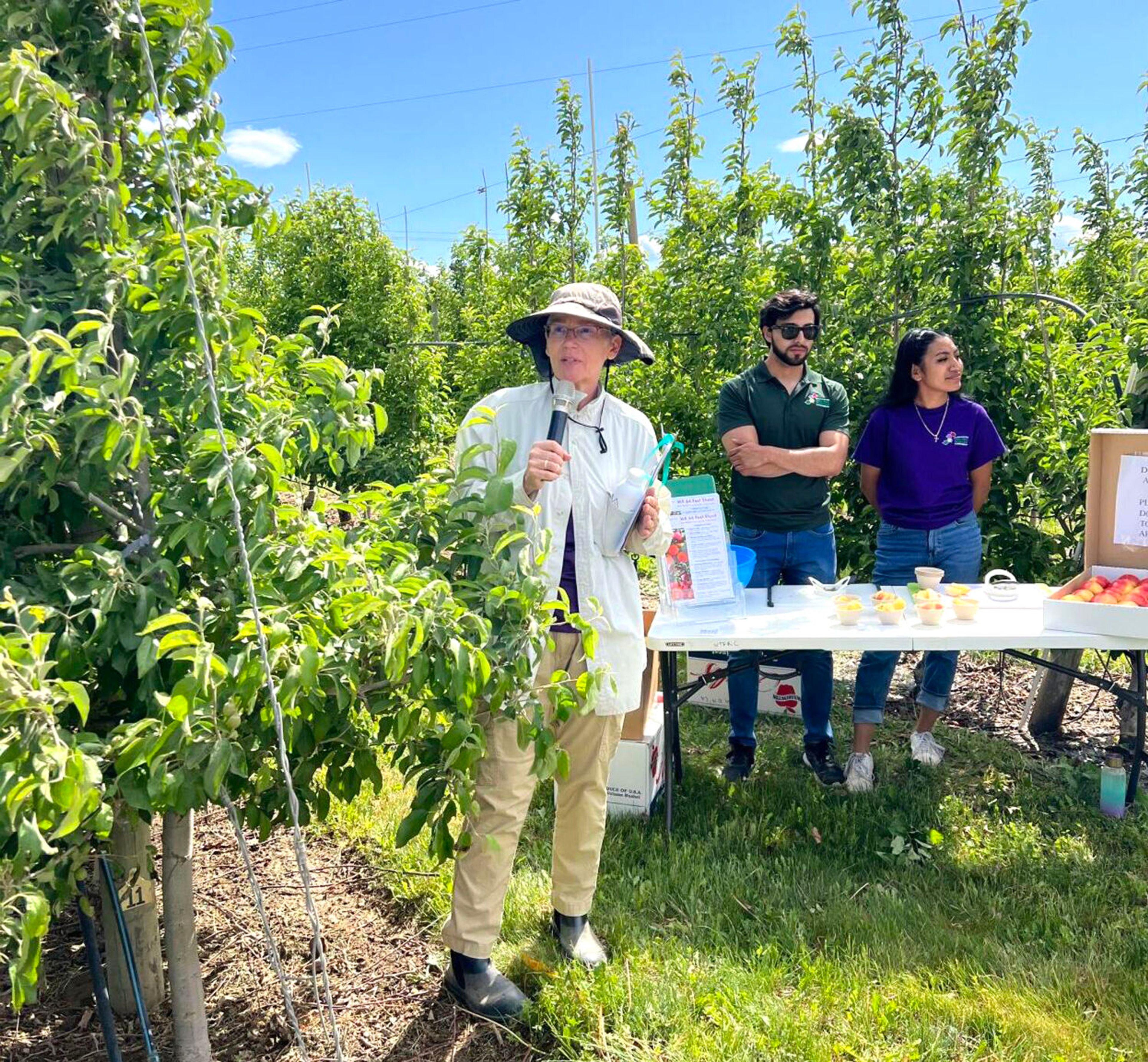FARM & RANCH: ‘Not just preparing students to be farmers’
UI program preps young people for agricultural careers — but the field has more job options than you might think
There’s a lot more to agricultural careers these days than cows and plows, said one University of Idaho College of Agriculture and Life Sciences educator.
“We’re not just preparing students to be farmers,” said Kattlyn Wolf, interim leader of the Agricultural Education, Leadership and Communications department at UI.
“We’re preparing them to be agriculturalists. It’s not just a guy on a tractor on a farm. There’s so many more aspects to that.”
Wolf and her colleagues help prepare university students to become high school agriculture teachers — a field, she said, that is hurting for applicants.
The other side of it is preparing students to go into leadership and communications roles in corporate food processing and agriculture businesses. Wolf said last year’s freshman class had “excellent enrollment” and more than 20 students graduated last fall and this spring with these degrees.
While corporate agriculture jobs can be competitive with similar fields, Wolf said attracting students to high school teaching jobs is a challenge.
“We’re dealing with the public education system and that gets to how teachers are valued and the work they do,” she said.
“Our teachers are extremely well-versed in general agriculture and leadership roles. They’re solid, top-notch kids and they could get a job anywhere. They choose to teach because they really love teaching.”
But it’s hard to justify going into an agricultural teaching job when the pay is underwhelming.
“They could easily make more” in another sector, Wolf said. “We need to treat teachers much better than we’re treating them.”
Wolf said she has no data to point to but common sense says that students who may have been past FFA officers, who have engaged with state and national lawmakers and met with heads of some of the biggest agriculture companies can easily be drawn away from teaching careers into some other opportunities because of low teacher pay.
Yet the need is there. School districts and other agriculture companies are eagerly searching for students to fill their positions and it starts by getting high school students in the pipeline to fill those jobs. And that starts with well-trained agriculture teachers who are developed in programs at the UI.
Students “are realizing a career in agriculture is not just about labor and farm work. It can be so much more. In general, ag is paying well on the corporate side. The industry in Idaho is growing. Just look at the food processing (companies in southern Idaho). So kids are seeing that they certainly can have a career in agriculture from the job side of it.” n





